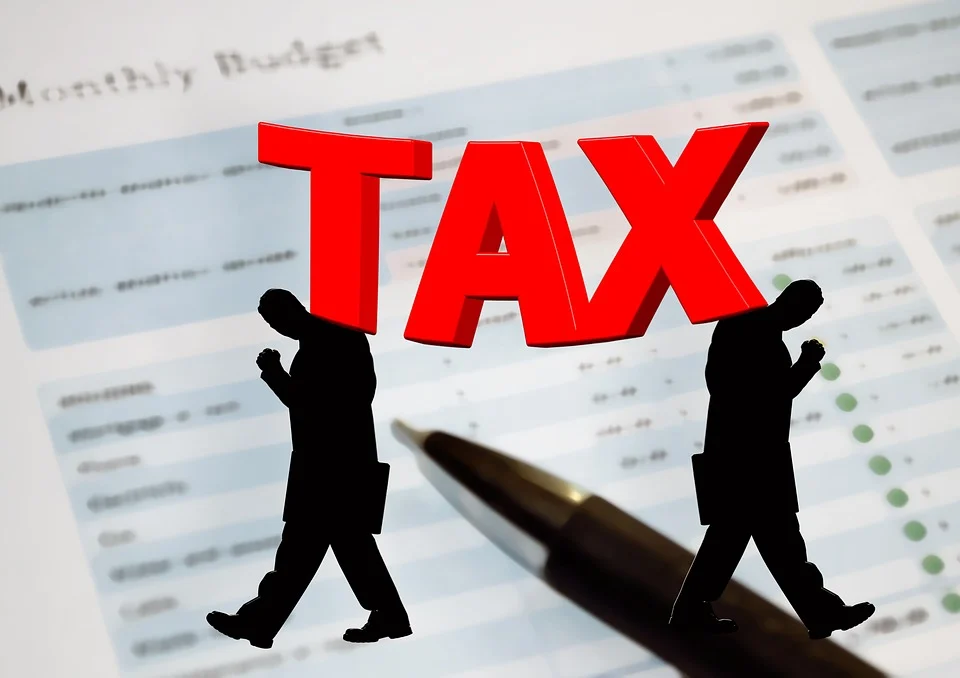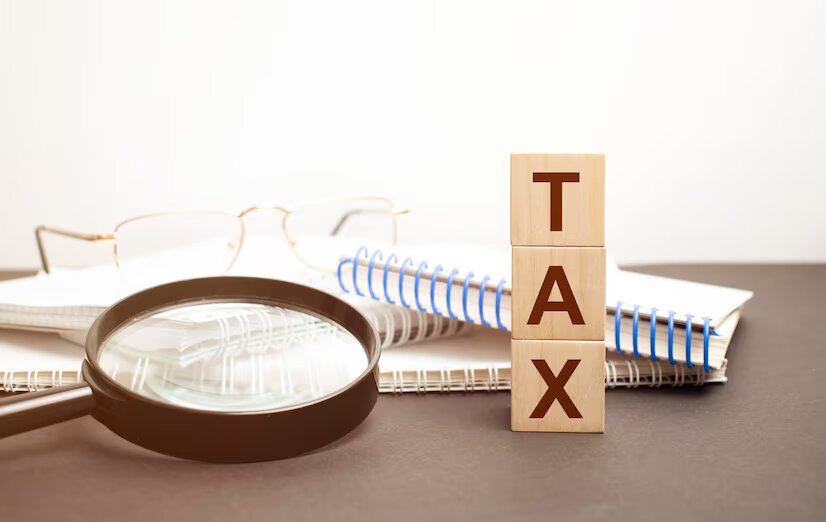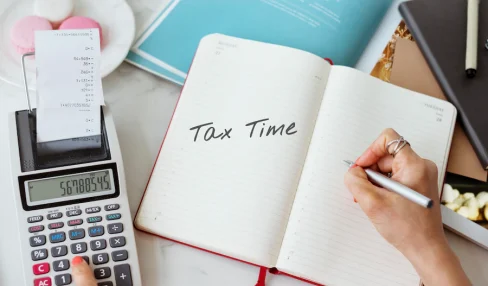Demystifying Cra Tax Audits: Tips And Tricks To Put You At Ease
3 Mins Read
Published on: 03 April 2023
Last Updated on: 07 September 2024

toc impalement
It’s understandable for you to get anxious when the tax man comes knocking at your door—all the more if you’re unsure how to navigate this type of event. What’s worse is that even if you have no clue what you did wrong. You could still get penalized. Not knowing the law excuses no man, and the government strictly imposes taxes. So you must know how tax audit works.
The Canadian Revenue Agency (CRA) will fine you for being negligent in your duty as a taxpayer. The fines for this could range from $250 to a whopping 25% of your taxable income, and the CRA calls it the gross negligence penalty. Paying this can potentially damage one’s finances, especially if you’re barely making ends meet.
You can avoid all of that by knowing a few things. This article will help you discover how to safely navigate the complicated world of taxes and have peace of mind.
What Is A Tax Audit?

A taxation audit is an official review of a taxpayer’s income and expenses and get the report on their tax return. The CRA uses this process to review the accuracy of information provided in a tax return and determine whether any discrepancies exist. They also check the errors made and unpaid taxes.
This auditing conducting with prior written notice and never through a phone call, which can intimidate taxpayers. During the audit, CRA representatives may also request documents or other proof to substantiate information reports on tax returns, such as receipts, invoices, bank statements, or payslips.
The whole auditing process is either partial or complete. In the case of a partial audit, CRA agents focus on specific items such as deductions and credit claims. In a full audit, they review every item report.
The duration of an audit may vary depending on the complexity of the concern(s) examined. It’s also worth noting that CRA may take longer to review the additional documents or information submitted if further investigations are required.
Read Also: How A Tax Lawyer Can Help You With Voluntary Disclosure
How To Prepare For A Taxation Audit?
The best way to prepare for a tax audit is to ensure all your documents and records are up-to-date and accurate. You have to keep copies of all supporting documents linked with your income, expenses, deductions, credits, and other information reported on your tax return.
These may include bank statements, receipts, invoices, payslips, and any other records of transactions that you put on your taxes.
You have to be aware of your rights during an audit. First process the request for the CRA agent to conduct the audit. You must consult a certified accountant or tax adviser before signing documents or making any admissions.
Finally, suppose you disagree with CRA’s assessment of your taxes after an audit. In that case, you can dispute their findings or appeal their decision within 90 days of the initial decision.
What Happens When You Fail A Tax Audit?
Failing a tax audit can have serious financial consequences. If an error is found on your tax return, you have to pay additional taxes, interest, and fines. The CRA may also penalize taxpayers who fail to comply with their tax obligations or make deliberate errors on their returns.
The penalties can reach up to 50% of the additional taxes owed, depending on the severity of the infraction. In addition, taxpayers found to have deliberately made false statements or evaded their taxes are subject to fines ranging from $100 to $25,000 per offense.
It is vital to keep accurate records and comply with tax regulations to avoid being targeted for an audit. It is also advisable to speak with an accountant or tax adviser if you have any questions about your taxes and how to prepare for an audit.
Seek Help From The Experts

Tax audits can be intimidating, but understanding your rights and responsibilities is paramount to navigating the process successfully. It’s essential to keep accurate records of all transactions reported on your taxes and always consult tax audit experts if you have any questions about an audit. If you’re concerned about being audited or need help filing taxes, don’t hesitate to contact a qualified professional who can provide expert guidance throughout this sometimes-complex process.
additional:


















Comments Are Closed For This Article